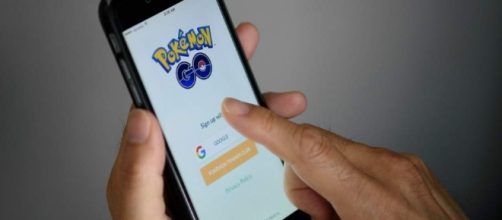Niantic cashes in on nostalgia
By now you’ve heard of Pokémon GO, the mobile game developed by software company Niantic in collaboration with The Pokémon Company, available for free download on both iOS and Android devices. The game is a throwback to the popular nineties franchise and allows players to capture, train, and battle their own Pokémon – making use of the device’s camera to place virtual, catchable creatures right in the player’s very real path, and utilizing your phone’s GPS to incorporate location into the progression of the game. The Poké-creatures take their cues from exactly where you are – if you happen to be strolling by a lake, you’ll most likely pick up more aquatic Pokémon, and if you’re frolicking around a field, there’ll be more of a flora theme to the types you’re able to capture.
It’s really very clever.
So, not only is the augmented reality aspect of the game a novelty, but the subject matter is, in itself, a major cash cow when it comes to attracting the wistful adolescents who have a soft spot for their favourite childhood show.
After being downloaded over fifteen million times since it was first launched, the app’s popularity cannot be contested – after all, it’s a free game (with in-app purchases, albeit). What’s less ascertainable, however, is just how profitable Pokémon GO has been thus far. While the exact revenue of the game is unknown, a company that specializes in playable media, Superdata Reasearch, has released an estimate of the app’s earnings earlier this week – and it’s impressive.
In just seven days, the app has reportedly raked in over $14 million (approximately £10.6 million) – eclipsing all other Pokémon-related mobile content available from the App Store. The site also reports that Nintendo’s market share price has increased by 25% in Tokyo, a direct result of the success of Pokemon GO.
After only nine days in action, it’s clear to see that Pokémon GO has reignited what we ‘90s kids liked to call ‘Pokémania’, but the staying power of its thus-far steel grip on the mobile gaming market remains to be seen. Feedback hasn’t been entirely positive, with some critics citing over-simplicity, a general lack in quality, and issues with crashing servers as proof that the success of Pokémon GO can be attributed to it riding purely on a wave of nostalgia from fans.
Future updates, however, promise more interactive features – such as trading with fellow players – that will assure growing interest and popularity. With daily downloads being ever-increasing, this blast from the past shows no signs of dwindling any time soon.

